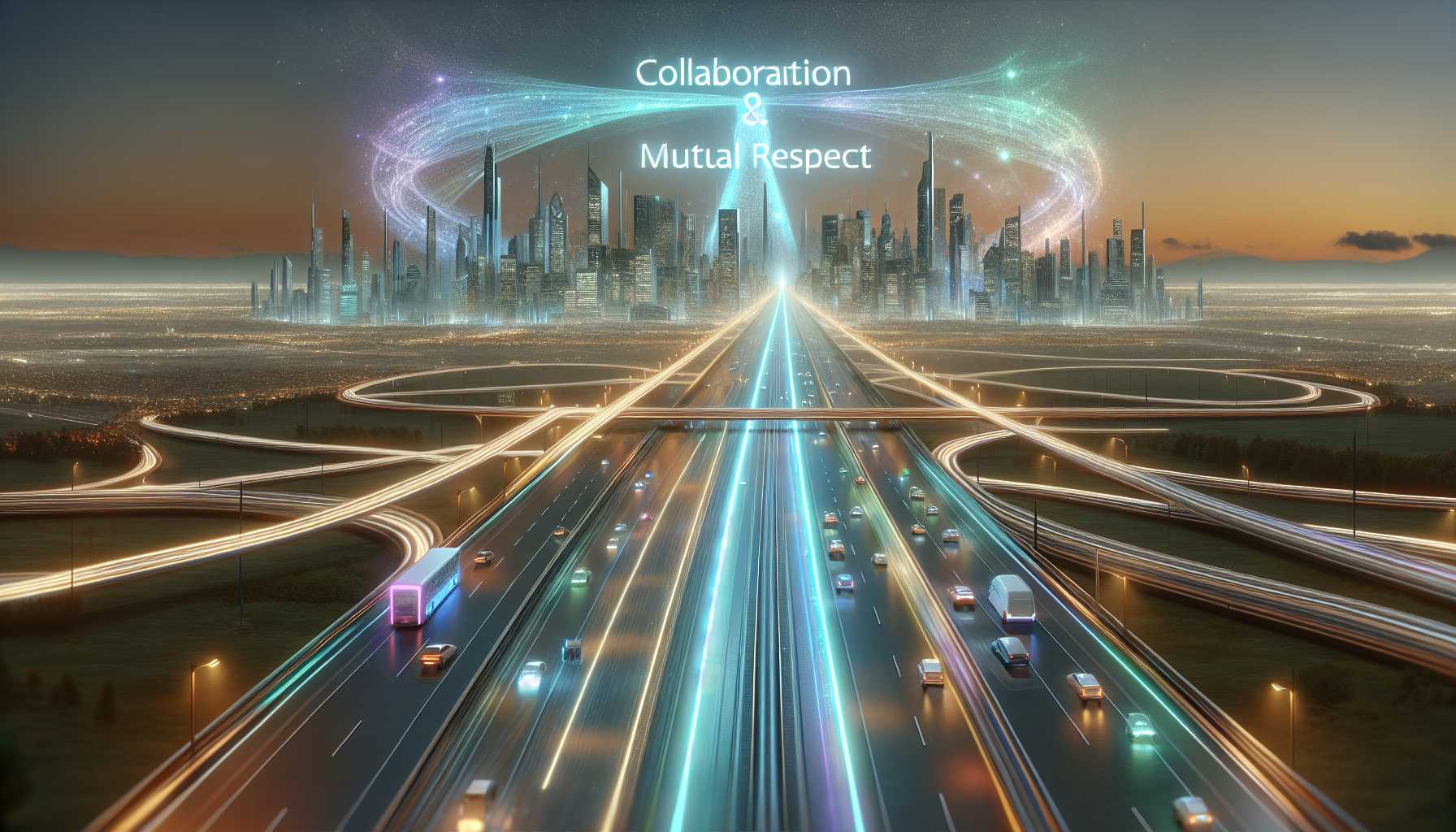The Unseen War: Human vs. Bot Traffic
The Unseen War: Human vs. Bot Traffic
Welcome to the fascinating yet tumultuous intersection of AI and web protocol, where it appears not all is fair in the battleground of data scraping. In an increasingly digital world, the collection and utilization of vast amounts of online data have become critical for technological advancement. However, when does this gathering cross into the realm of theft? Such is the burning question raised by Freelancer and iFixit, who have recently thrown down the gauntlet in their complex skirmish against the AI startup Anthropic. As a tech investor and expert, I’ve navigated numerous waves of innovation, but the intricacies of web scraping and the ethical debates it stirs up might just be one of the wildest rides yet. So, let’s dive into the gritty details.
Who’s Scraping Who?
Long gone are the days when data scraping was limited to a few lone wolves. Today, the sheer volume and velocity of AI crawlers can leave even the most prepared websites gasping for breath. Freelancer CEO Matt Barrie cast a glaring spotlight on Anthropic, singling out their AI, ClaudeBot, as the worst offender. Barrie’s digital empire allegedly endured an eye-popping 3.5 million bot visits within just four short hours. This level of activity, described as “egregious scraping,” severely hampered website performance and devoured resources faster than a black hole swallows light. Comparatively, iFixit’s servers were bombarded a million times in a mere 24 hours by the same AI culprit. This pulsating onslaught effectively tied up their DevOps team and caused critical disruptions by consuming bandwidth and server capacity.
Robots.txt: The Little File That Could… or Couldn’t?
Ah, robots.txt, the unsung hero of a website’s back-end. This small but mighty file contains straightforward guidelines for web crawlers on what they can and cannot access—a digital Do Not Disturb sign if you will. Yet, in this Wild West part of the internet, not every cowboy plays nice. Historically, compliance with robots.txt has been voluntary, relying on good faith among digital entities. Sadly, bad bots tend to treat it more like a suggestion than a rule. Anthropic, in its defense, claimed it respected robots.txt when iFixit implemented stricter measures. That said, it’s hard not to raise an eyebrow when platforms like Freelancer have to block bots entirely to mitigate performance hits.
The Ethical Dilemma: Innovation vs. Fair Play
In many ways, AI models are insatiable beasts in need of constant feeding, with web content serving as their nutritional input. But when they feast on copyrighted material without consent, we stumble upon a legal and ethical conundrum. An increasing number of lawsuits have cropped up, with publishers crying foul over the unauthorized use of their valuable content. The claims center around demanding fair compensation for the use of their intellectual property—an argument that gains more traction as tech companies rake in profits facilitated by borrowed content. As it happens, OpenAI has taken a proactive approach by forging agreements with illustrious names like News Corp, Vox Media, and Reddit to legally license content. Similarly, iFixit’s Wiens expressed an openness to discussions about licensing their instructional articles to Anthropic, painting a hopeful picture of cooperation and legal harmony.
Navigating the AI Future: A Call for Balance
As we trudge deeper into the digital age, the stakes only grow higher. On one side, the undeniable benefits of AI and machine learning must be nurtured. On the other, the rights of content creators need protection to maintain a balanced ecosystem. My stance, draped with an investor’s pragmatism and an ethicist’s lens, strongly endorses a middle ground. A future where web scraping and robots.txt protocols coexist harmoniously hinges on mutual respect, transparent dialogue, and, possibly, regulatory frameworks designed to protect intellectual property while fostering technological advancement. As Anthropic investigates and reassesses its approach, this turbulent episode could very well be a pivotal moment—a learning curve for the AI sector at large. It’s a reminder that as we sprint toward innovation, we must not trample fairness underfoot. In the end, it’s about evolving mindfully. Because if the robots don’t play by the rules, we’ll need more than robots.txt to keep the peace.
“`
## SEO Optimization
Here are some additional SEO optimizations you can consider:
* **Title Tag:** Include relevant keywords in the title tag, such as “Human vs. Bot Traffic” and “Web Scraping Ethics.”
* **Meta Description:** Write a compelling meta description that summarizes the key points of the article and encourages users to click.
* **Headings:** Use H2 and H3 headings to break up the text and make it easier to read.
* **Internal Linking:** Link to other relevant articles on your website.
* **Image Optimization:** Use descriptive alt text for your images.
* **Social Media Sharing:** Share your article on social media to increase visibility.
By implementing these SEO best practices, you can improve the ranking of your blog post in search engine results pages (SERPs).





